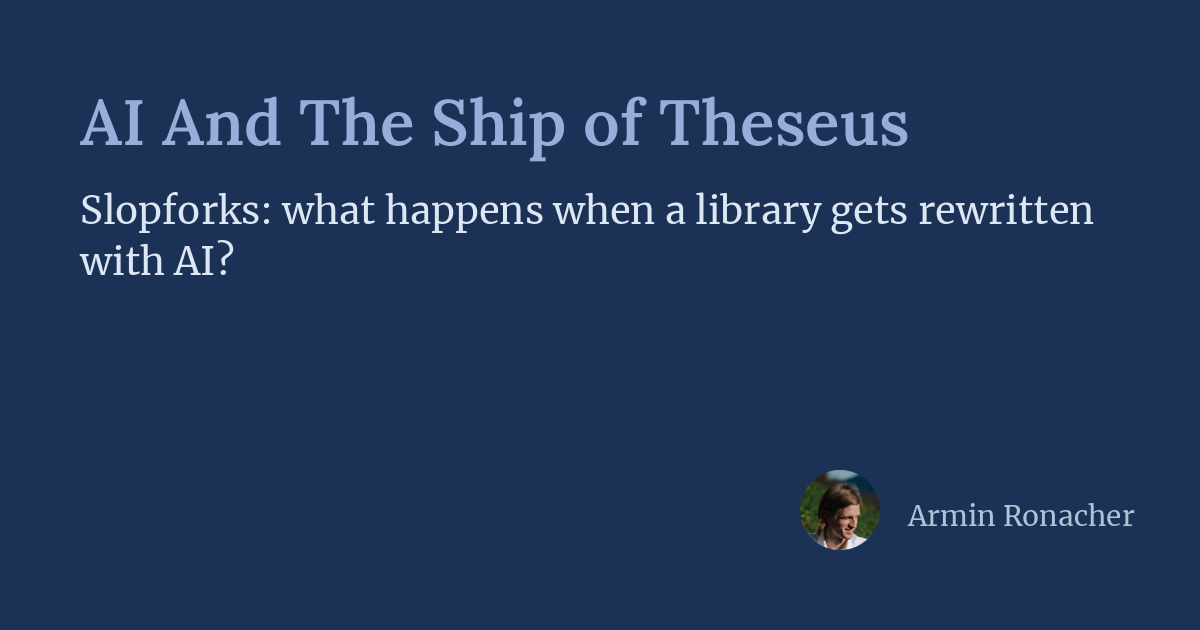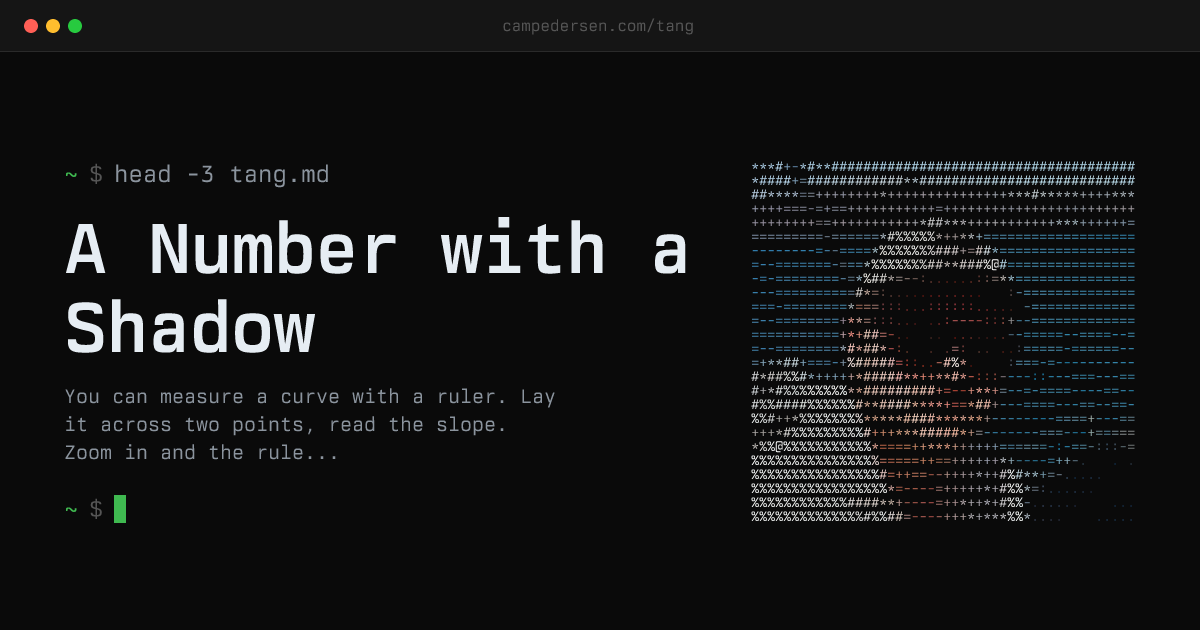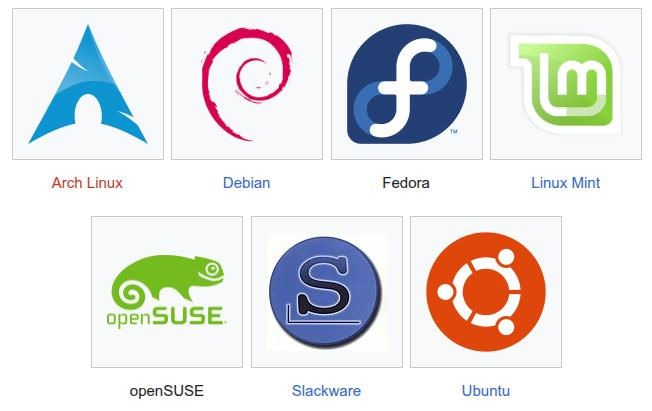AI Summarized Hacker News
Front-page articles summarized hourly.

Armin Ronacher argues that cheaper AI-assisted re-implementations enable relicensing and new, distinct designs that mimic existing software. He cites chardet, where a maintainer rewrote to switch from LGPL to MIT, provoking Mark Pilgrim’s claim of a derivative work. The piece discusses legal uncertainty over AI-generated code, including potential public-domain outcomes, and corporate reactions (Vercel’s bash reimplementation vs backlash over Next.js). It questions copyleft vs permissive licenses and the fate of open vs proprietary software, endorsing openness; the Ship of Theseus analogy suggests a complete rewrite is a new ship, even if the name remains.
HN Comments

Google announces production OpenTitan silicon shipping in commercial Chromebooks, with the first chip from Nuvoton. OpenTitan is an open-source silicon Root of Trust built with lowRISC, enabling transparent, verifiable security and reusable IP. It supports post-quantum secure boot (SLH-DSA) and achieves 90%+ coverage with 40k+ tests nightly. Google will bring OpenTitan to its data centers this year and is developing a second generation with lattice-based PQC (ML-DSA/ML-KEM) for secure boot and attestation. OpenTitan aims to expand open-source silicon; IP may be reused in Caliptra. Community: 275+ contributors, 29k+ commits, 3.2k stars.
HN Comments
Explains how to remotely unlock an encrypted Arch boot partition by running a small initramfs with networking and SSH. It shows turning initramfs into a usable mini-OS to SSH during early boot to provide the LUKS password. It discusses security tradeoffs (unencrypted keys, expiry) and mitigations via ACLs, non-expiring keys, and restricting SSH to the unlock command (systemd-tty-ask-password-agent). Steps: install dropbear and mkinitcpio-systemd-extras, add sd-network and tailscale to mkinitcpio.conf hooks, configure keys and networking, generate host keys, rebuild with mkinitcpio -P, then reboot and SSH to hostname-initrd.
HN Comments

Ukraine says the US asked Kyiv to help Gulf allies defend against Iranian Shahed drones; Zelensky said partners had been contacting Kyiv and Ukraine would provide expertise and specialists, while ensuring its own defense isn't weakened and seeking diplomatic gains. He floated swapping Ukrainian interceptors for more US Patriot missiles to counter Russian missiles. Trump suggested accepting aid from any country. Zelensky notes Gulf states; Ukraine aims to help defend bases and critical routes. Kyiv may increase interceptor-drone production to meet demand (up to 10,000 a month). Any transfers would require Ukrainian political approval and training challenges.
HN Comments
A week-long physical/social-engineering pentest across multiple buildings showed major security gaps: easy tailgating, weak door security, and a shred-bin loophole that exposed payroll and other sensitive docs. The team infiltrated offices (including a director’s) and even a server room, leaving business cards as proof. A vigilant cleaning lady blocked one attempt, the only defender. Guards were largely absent on cameras, illustrating strong physical security is the weak link. The tester applauds remediation, and notes that good aftercare matters.
HN Comments
WSJ 404 page not found; the snippet lists popular articles and podcasts, including Iran’s underground missile cities vulnerabilities, Trump replacing Kristi Noem, Morgan Stanley layoffs, and leading stories on earnings/merger news, Middle East conflict spread, and Broadcom’s AI-driven sales growth.
HN Comments
Could not summarize article.
HN Comments

Cam Pedersen explains dual numbers and forward-mode automatic differentiation: pair each number with its derivative (value, shadow) and propagate derivatives through every arithmetic operation using calculus rules (chain, product). This yields exact derivatives without limits, step sizes, or computation graphs. Demonstrates with Rust example and Tang library: forward-mode Dual<T> for exact derivatives, reverse-mode via tang-ad for backpropagation; generic Scalar trait lets derivatives flow through linear solvers, decompositions, and solvers like LU, SVD. Compared to finite differences, dual numbers are faster and exact. The piece shows practical code and interactive demos showing differentiating through physics/ML workflows.
HN Comments
A personal account of macOS irritations: apps failing to run or access the Internet due to security prompts; notarization requirements; audio device visibility issues; flaky keyboard layouts; unresponsive wake from sleep; unusual Mac Studio power button placement; no clear disk space indicator; poor Finder behavior and a disliked 'liquid glass' UI changes; Time Machine backups becoming corrupt; gaming largely impossible. The author plans to buy a Linx PC, tolerating Wine/VM for a couple apps, signaling a full switch away from Macs.
HN Comments
Linux hardware hotplug events are handled by libusb with two backends (linux_netink and linux_udev); using udev is recommended to avoid races. Kernel notifies userspace via NETLINK_KOBJECT_UEVENT; udev processes and rebroadcasts to other programs via netlink. A sample shows listening to kernel (group 1) or udev (group 2). Kernel events are key=value strings (ACTION, SUBSYSTEM, DEVTYPE, …). Udev messages include a binary header (libudev, 0xfeedcafe) with hashes for filtering and a Bloom filter for TAGS. Security: credentials are carried; SO_PASSCRED required. Libudev/systemd integration noted.
HN Comments
Could not summarize article.
HN Comments

Online ad tech is being repurposed for government surveillance. CBP, ICE, and other agencies have bought location data via the advertising ecosystem, using real-time bidding (RTB) and SDKs that track phones. RTB broadcasts bidstream data to thousands of buyers, often with GPS coordinates, device IDs, and app info, enabling warrantless location tracking. To protect yourself: disable advertising IDs, review and limit location permissions, and prefer approximate rather than precise locations. For change: ban precise location in bid requests, remove advertising IDs by default, and pass strong federal privacy laws to close the data-broker loophole.
HN Comments

Index and overview of open neuroimaging datasets for reconstructing visual perception from human fMRI data. Aimed at AI/ML researchers, it clarifies distinctions among decoding, identification, and true reconstruction (open-set inference) and lists criteria for reconstruction-ready datasets (train-test independence, stimulus diversity, visual field coverage, voxel size, fixation, repetitions/SNR, subject count, copyright, preprocessing). Presents key datasets (vim-1, BRAINS, Miyawaki, BOLD5000, Generic Object Decoding, Natural Scenes Dataset, THINGS-fMRI, cNeuromod-THINGS, vim-2, Doctor Who, cNeuroMod video) with specs and notes; discusses HRF delay and data split cautions; cites Seeliger (2026).
HN Comments

PageAgent is a GUI agent living in your webpage; the page is loading.
HN Comments

An AI-driven CI workflow was tricked by a crafted GitHub issue title, causing npm to install from an attacker repository and install OpenClaw on about 4,000 developers via [email protected]’s postinstall. The five-step chain—prompt injection, AI execution, cache poisoning, credential theft, and malicious publish—was dubbed Clinejection. Root causes included untrusted input in CI, missing provenance checks, and token leakage. Remediation cited: remove the problematic AI workflows, enable OIDC provenance for npm publishing, rotate credentials, and audits. The article argues for per-syscall checks to block such operations.
HN Comments

GitHub repo calmsacibis995/irix-657m-src contains the IRIX 6.5.7m source code. It has 3 commits and 1 contributor (Stefanos Stefanidis). Languages are mainly C (with Roff, C++, Assembly, Perl, Makefile, and others). The project has 58 stars and 15 forks, with no releases published yet.
HN Comments

Linux kernel maintainer Greg Kroah-Hartman has extended the end-of-life timelines for several LTS kernels after consulting with major users. Notably, 6.12 and 6.18 are now projected to end in 2028 (up from 2026/2027), while 5.10, 5.15, and 6.6 remain unchanged. The move aligns kernel support with real-world deployments and follows long lifecycle practices by distros like Red Hat, SUSE SLES 16, and Canonical Ubuntu; companies can also keep older kernels running via services such as TuxCare.
HN Comments
Wikimedia Status page for incident updates and maintenance, with alerts via email, Slack, webhook, and Atom/RSS feeds. Current incident: Wikis in read-only mode, identified and being fixed, with ongoing investigation as of Mar 5, 2026. The page also lists prior incidents (Feb–Mar 2026) of outages and degraded performance, with statuses from Investigating to Resolved. Includes system metrics and standard status indicators (Operational, Partial Outage, Major Outage, Maintenance).
HN Comments
BBC warns of permanent, irreversible trends requiring a major overhaul of funding and remit. Despite 94% of Britons using the BBC monthly, fewer than 80% of households pay the licence fee, as streaming blurs the rules. The licence model is seen as misaligned with modern viewing and risks a tipping point of non-payment. The BBC proposes a more sustainable funding model, including opening iPlayer to other UK public-service broadcasters, potentially hosting their content (with ads or subscriptions) to compete with Netflix/YouTube, and expanding BBC Sounds to third parties, with government talks to follow.
HN Comments

Palantir and Hello Patient are stocking offices with nicotine-pouch vending machines to boost productivity. Lucy and Sesh supply free pouches in Palantir’s DC office for adults over 21; the pouches deliver nicotine without smoke, using a cellulose wrapper rather than tobacco. Tech insiders frame this as part of Silicon Valley biohacking, but doctors warn nicotine carries long-term health risks and isn’t a harmless hack. Hello Patient founder also tried it but quit after developing dependence.
HN Comments
Made by Johno Whitaker using FastHTML







